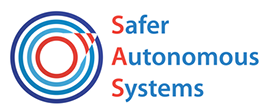Time spent on work has a significant impact on our well-being and cannot be ignored. We all want to make as much as possible out of the day. This blog contains practical tips and ideas to increase your energy levels and to use your energy in the most efficient way.
Additionally, suggestions on how to maintain your well-being and avoid stress are included.
Observe your energy levels
There are a lot of articles regarding time and energy management. There are also a lot of discussions about which of these two are more important. In my opinion, both of these resources are very valuable and essential for our efficiency. While I support time management techniques, I strongly believe that it is also important to use such techniques according to our own energy levels during the day.
During the working day, our energy levels change. Some people are early birds – they work best in the morning, then after lunch they are sleepy, then again their energy increases in the afternoon. Other people work best late at night, without any noise or distraction. To be as productive as possible, try to observe your energy levels according to your productivity. Think about the previous week. When have you been most and least productive in the last week and why? Try to fill out this graph according to the conclusions regarding your energy peaks during the day.
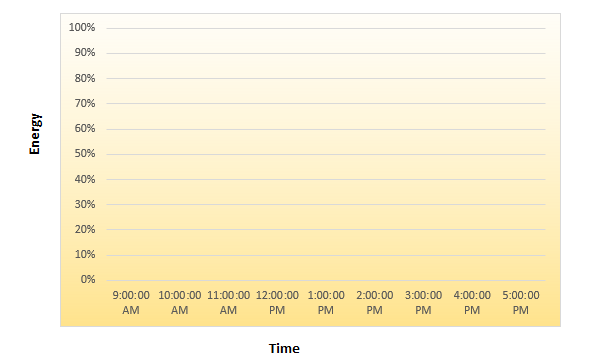
Figure 1. Observe your energy levels during the day.
Once you have identified the time when you are most productive, try to focus on the most challenging tasks in that period. It could be any work that requires your deep focus and a lot of energy to be done. Use the time when your energy is low for administrative or repetitive tasks that you can easily be done with.
If your organization allows flexible working hours, find out what start time works best for you and use that opportunity as much as possible. Nothing can be more valuable for your productivity than being able to choose working hours on your own.
Focus
We are more productive if we can focus on just one thing at a time. Put your phone far away and disable access on your computer to the social media or online news. There are even browser extensions that can do that for you. That way you will be even more aware of how many times you try to reach the websites that distract you.

Figure 2. Focusing on just one thing at the time is increasing productivity (source).
Take a break
Every once in a while use the opportunity to take a break, by talking with colleagues, reading some interesting facts or doing meditation. Mindfulness meditation is a great way to refresh your mind and it doesn’t require more than 10 minutes [1]. You can perform it at work if the office is not so crowded. Here is the example of guided meditation: https://www.youtube.com/watch?v=6p_yaNFSYao
Stay motivated – award yourself
If you are looking forward to something at the end of the day or during the weekends it will be easier to overcome the hard-working week. It will also keep you in better shape regarding productivity since you will be wanting to finish most of your work to perform activities more relaxed. Think about what could make you happy and try to schedule pleasant activities in your free time. It can be simple things like socializing, watching favorite TV shows, playing video games or going on a trip during weekends. These events will keep you motivated and in a better mood while you are doing your research.
Food
According to many nutritionists, the most important meal of the day is breakfast. It breaks the overnight fasting period and boosts your energy levels and alertness while providing other essential nutrients required for good health. Some ideas for a quick breakfast with a lot of nutrients are “superfood” like chia, goji seeds mixed with cacao, cereals, honey, and almond or soya milk. By adding some fruit to it, you have a high-quality breakfast.

Figure 3. Eating healthy food is an important part of boosting your energy levels (source).
Try to avoid sweets (replace them with fruit) and junk food. Don’t miss drinking a regular amount of water in order to keep being hydrated. Don’t wait to feel thirst – at that moment you are already dehydrated. You can find many resources online on what food is helping your productivity and which one is ruining it, such as: https://www.inc.com/drew-hendricks/10-superfoods-that-increase-productivity.html
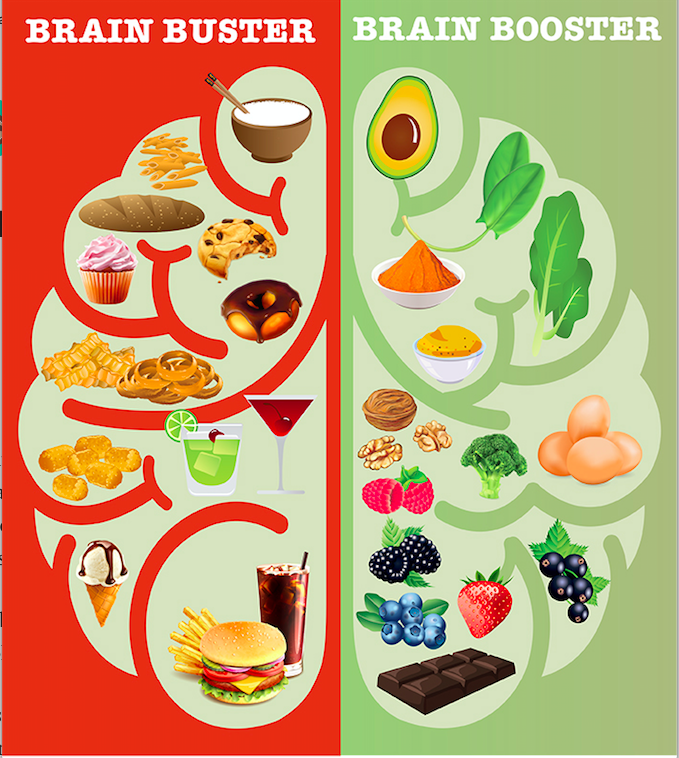
Figure 4. Brain buster vs brain booster (source).
Physical activity
There is a famous quote about physical activities which says: “If exercise could be packed into a pill, it would be the single most widely prescribed and beneficial medicine in the nation” [2].
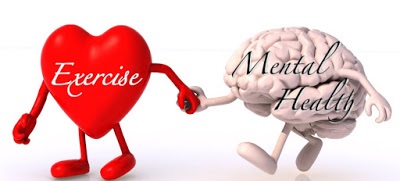
Figure 5. Positive impact of exercise on mental health (source).
People who exercise regularly feel more energetic throughout the day, have better sleep and sharper memories. Needless to say, it boosts our productivity as well. This activity doesn’t need to be overwhelming. Decide at what time of the day you can spend at least 30 minutes doing your workout. The advice is to start at a slow pace and not to overwhelm yourself too much at the beginning. In addition, you can find some physical activities that you really enjoy, like dancing, roller skating, bike riding, etc.
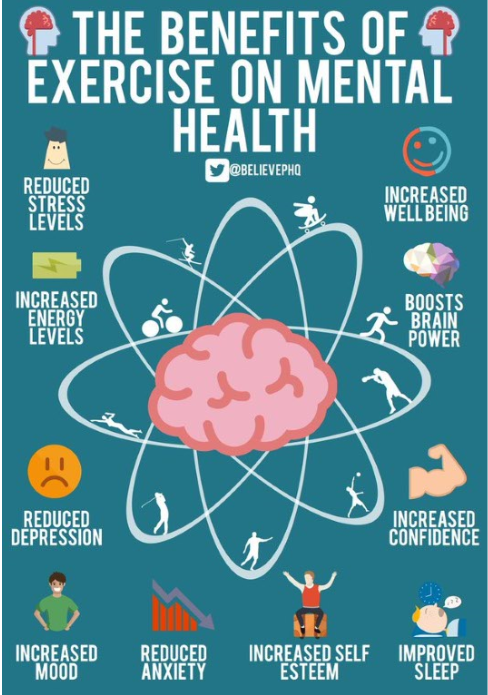
Figure 6. Physical activities improve our well-being (source).
Stress
Last but not least, actually the most important tip – try to avoid stress.

Figure 7. Stress is one of the greatest brain enemies (source).
A certain amount of stress is good for productivity, but if you stress too much, you will just lose valuable energy you can spend on your work [3].
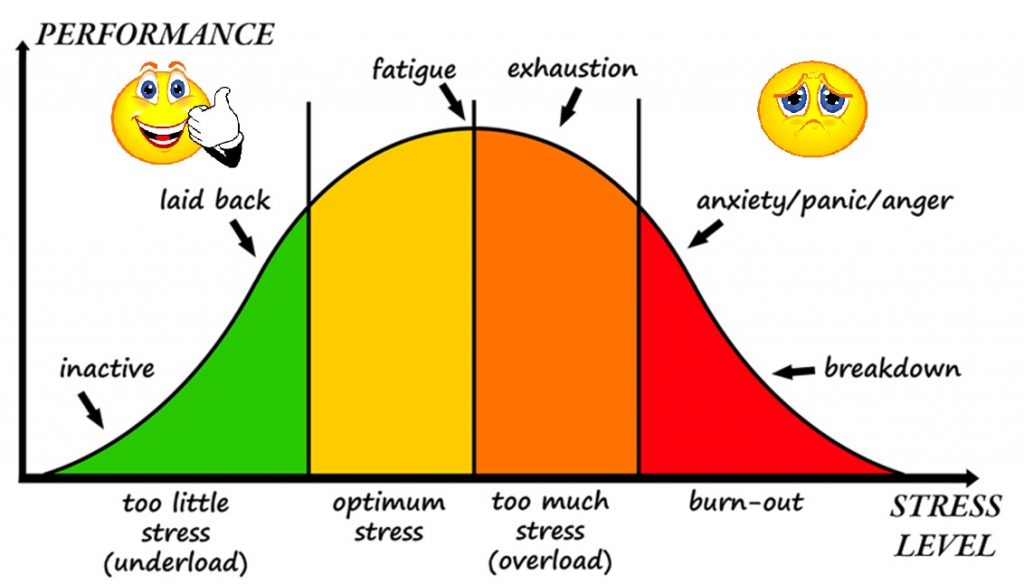
Figure 8. Stress performance curve (source).
According to a recently released Yale University study, stress causes the brain to shrink. Robert Sapolsky of Stanford University calls the hippocampus “ground zero for stress doing damaging stuff.” According to Sapolsky, everyone wants to have a functioning hippocampus. It’s all about learning and memory. It’s also the part that is most vulnerable to the effects of stress. It gets neurons dying, shriveling up and losing connections [4] [5] [6] [7].

Figure 9. Some examples of changes in the brain caused by stress (source).
If you are having stressful job, there is no way to control uncertainty. What you can control is how to deal with the situation. Try to stay calm and do your best.
References
[1] https://www.nytimes.com/guides/well/be-more-mindful-at-work
[2] Butler, R. N. (1978). Public Interest Report No. 23: Exercise, the Neglected Therapy. The International Journal of Aging and Human Development, 8(2), 193–195. https://doi.org/10.2190/AM1W-RABB-4PJY-P1PK
[3] Weiser, Eric. (2014). Stress, Lifestyle, and Health. https://www.researchgate.net/publication/291348598_Stress_Lifestyle_and_Health
[4] https://www.tuw.edu/health/how-stress-affects-the-brain/
[5] https://www.inquisitr.com/5199311/a-new-yale-university-study-reveals-that-stress-actually-chews-holes-in-your-brain/
[6] https://www.startribune.com/stress-eats-holes-in-your-brain/142338285/?refresh=true
[7] https://www.thehealthy.com/mental-health/stress/effects-of-stress-brain/
About the Author: Dejana Ugrenovic
 Dejana Ugrenovic holds a Bachelor’s and Master’s degree in Electronics and Telecommunications, from the Faculty of Electrical Engineering, University of Banja Luka, Bosnia and Herzegovina. Her master thesis was “IoT wireless sensor networks for medical applications based on 6LoWPAN and CoAP”, while her bachelor thesis was “Aerial image registration”. Before starting her PhD at the KU Leuven, she was working in the IT industry as a Data Scientist and a System Engineer.
Dejana Ugrenovic holds a Bachelor’s and Master’s degree in Electronics and Telecommunications, from the Faculty of Electrical Engineering, University of Banja Luka, Bosnia and Herzegovina. Her master thesis was “IoT wireless sensor networks for medical applications based on 6LoWPAN and CoAP”, while her bachelor thesis was “Aerial image registration”. Before starting her PhD at the KU Leuven, she was working in the IT industry as a Data Scientist and a System Engineer.
